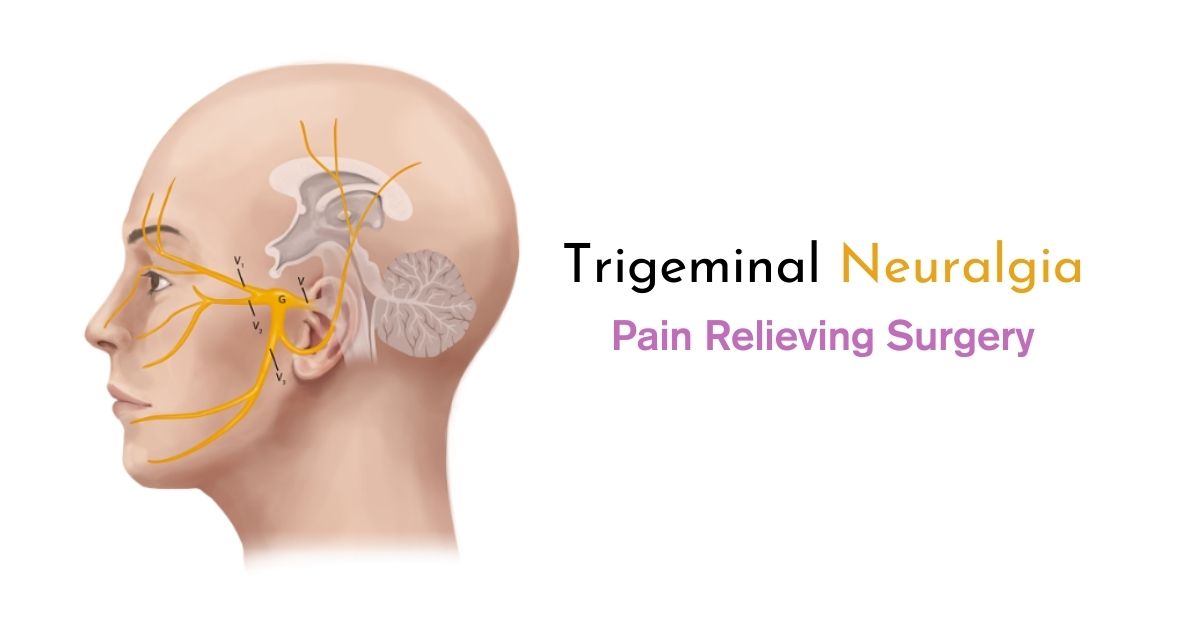
Trigeminal neuralgia
Trigeminal neuralgia is a chronic pain condition that affects the trigeminal nerve, which carries sensation from your face to your brain. If you have trigeminal neuralgia, even mild stimulation of your face — such as from brushing your teeth or putting on makeup — may trigger a jolt of excruciating pain.
You may initially experience short, mild attacks. But trigeminal neuralgia can progress and cause longer, more-frequent bouts of searing pain. Trigeminal neuralgia affects women more often than men, and it’s more likely to occur in people who are older than 50.
Because of the variety of treatment options available, having trigeminal neuralgia doesn’t necessarily mean you’re doomed to a life of pain. Doctors usually can effectively manage trigeminal neuralgia with medications, injections or surgery.
Symptoms
Trigeminal neuralgia symptoms may include one or more of these patterns:
• Episodes of severe, shooting or jabbing pain that may feel like an electric shock
• Spontaneous attacks of pain or attacks triggered by things such as touching the face, chewing, speaking or brushing teeth
• Bouts of pain lasting from a few seconds to several minutes
• Episodes of several attacks lasting days, weeks, months or longer — some people have periods when they experience no pain
• Constant aching, burning feeling that may occur before it evolves into the spasm-like pain of trigeminal neuralgia
• Pain in areas supplied by the trigeminal nerve, including the cheek, jaw, teeth, gums, lips, or less often the eye and forehead
• Pain affecting one side of the face at a time, though may rarely affect both sides of the face
• Pain focused in one spot or spread in a wider pattern
• Attacks that become more frequent and intense over time
Causes
In trigeminal neuralgia, also called tic douloureux, the trigeminal nerve’s function is disrupted. Usually, the problem is contact between a normal blood vessel — in this case, an artery or a vein — and the trigeminal nerve at the base of your brain. This contact puts pressure on the nerve and causes it to malfunction.
Trigeminal neuralgia can occur as a result of aging, or it can be related to multiple sclerosis or a similar disorder that damages the myelin sheath protecting certain nerves. Trigeminal neuralgia can also be caused by a tumor compressing the trigeminal nerve.
Some people may experience trigeminal neuralgia due to a brain lesion or other abnormalities. In other cases, surgical injuries, stroke or facial trauma may be responsible for trigeminal neuralgia.
Triggers
A variety of triggers may set off the pain of trigeminal neuralgia, including:
• Shaving
• Touching your face
• Eating
• Drinking
• Brushing your teeth
• Talking
• Putting on makeup
• Encountering a breeze
• Smiling
• Washing your face
